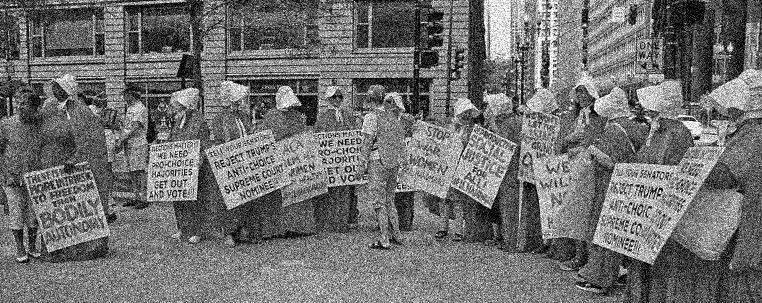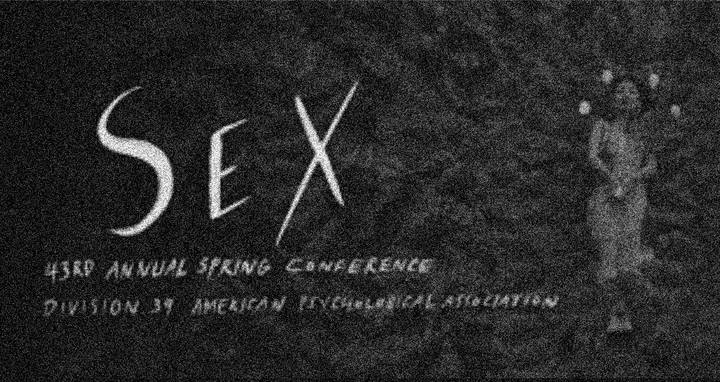Inside the Mind of the Professional Managerial Class, Part Six: Performing Feelings
For whom are fleeting emotional outbursts unleashed?

As a psychotherapist, I spend a lot of time wondering where feelings come from, whether they express a deep authentic interiority or reflect social convention, whether they drive or follow belief, and so on.
On June 24, 2022, the Supreme Court voted to overturn Roe v. Wade, eliminating federal protection of abortion and giving individual states power to implement abortion bans. Anyone paying attention knew for a long time that this was in the works, but its actual announcement (even after the leaked document from May 2nd) was a shock. For about a week after June 24th, my patients raged and wept. A sampling of common statements:
“I can’t believe this is happening. It’s just utterly shocking. I can’t actually process.”
“I hate this country. I seriously need to move.”
“The Right straight up hates women. It’s back to the times when women had literally no rights.”
“I don’t feel safe. What’s next?”
“This is the end of liberal democracy.”
The next week, and for every week thereafter, this issue was essentially dropped.
Yet the outpouring of emotions seemed genuine. I felt moved by the anguish and outrage I witnessed. I believe my patients registered this event as deeply, personally upsetting. It triggered painful memories from their own lives and idiosyncratic responses.
On the other hand, the affect display felt performative. It felt repetitive and mandatory: as a good liberal, one had to feel devastated by the Dobbs decision. Support was offered at major tech companies as if an overwhelming negative emotional reaction was expected and endorsed by those in power.
The above follows a pattern I have observed many times over as each new national outrage grips attention and emotions.
It’s my job, in a way, to validate subjective truth. It holds a particular inviolability in therapy, for the simple reason that it is so often discounted in everyday life.
However, the absolute authority often awarded lived experience in current discourse has reached insane extremes: “Well, it’s just how I feel, it’s my truth, so no comment, please.” “I define my reality.” Notoriously fallible and limited, subjective perception is regarded as a truth that cannot be questioned, while any truth offered absent lived experience is commonly dismissed.
The truth of emotional “lived experience” is, in fact, always relational, highly responsive to the social world we inhabit. Part of a good psychoanalytic treatment involves unpacking the complex ways we have internalized the social order, and approaching some sort of authentic thoughts, feelings, and personhood, despite our inevitable conditioning. Psychoanalysis offers, above all, an engaged, personal relationship, through which one can develop one’s subjective experience with a kind of check. Relationships of close proximity mediate personal emotional reactivity and the social order in the service of a collaborative, dialogic version of truth.
Today, personal emotional experience appears ever more crudely responsive to collective sentiments. Thoughts and feelings reflexively repeat social media memes, global news soundbites, and the imposed ideologies of Right and Left, without the mediating relationships necessary for emotional development. Absent the connective tissue of community, precarious and isolated selves react directly to societal machinations.
Performing a self is of course nothing new, but the current moment feels different. Prefabricated thoughts and feelings are experienced not as performative or strategic, but rather as deeply personal and authentic. The rage and grief feels real—and of course if it feels real, it is real, and I respond to my patients from that place, affirming and containing their emotional expression.
Yet these feelings don’t develop. Intense emotions swell and vanish quickly. Conversations about abortion—a thorny, nuanced issue—stall at the level of raw emotion because the theme is dropped almost immediately. In a society at once “hard and hollow”, omnipresent and barren, the powerful feelings generated by a difficult and often overwhelming world have nowhere to go.
Where these fleeting outbursts come from, what they satisfy in us, for whom exactly they are performed—these are questions just bubbling to the surface today. Neoliberalism as an organizing political order is gone, but we are not sure what is replacing it. So, too, the new forms of subjectivity appearing here and there are fundamentally opaque, and in need of further explanation. For now, therapists can at least document the shift honestly, without bringing our own morals or politics to bear.
■
Lizzie Warren, PsyD, wonders what you would think of someone who checks boxes they’re not supposed to.



